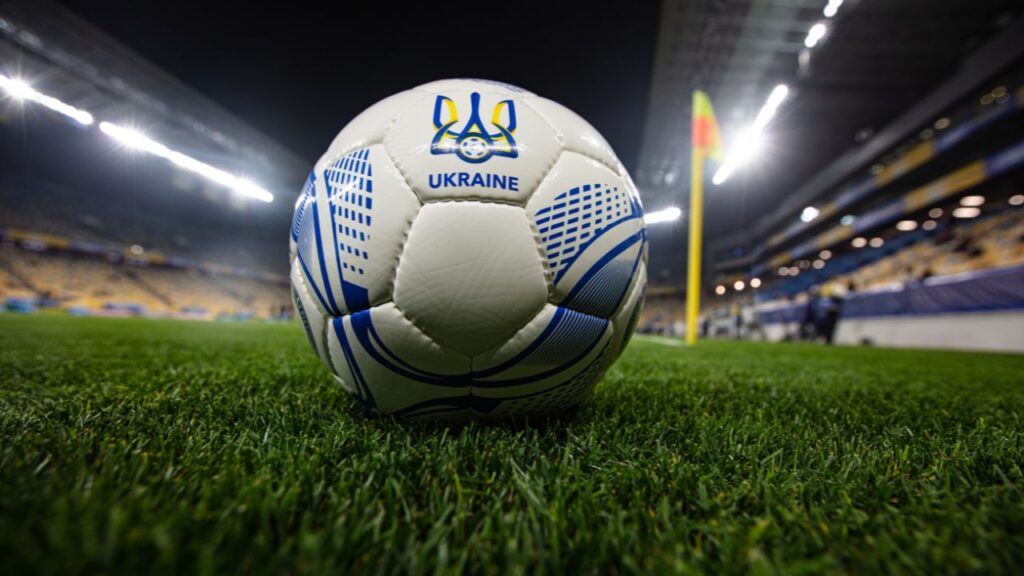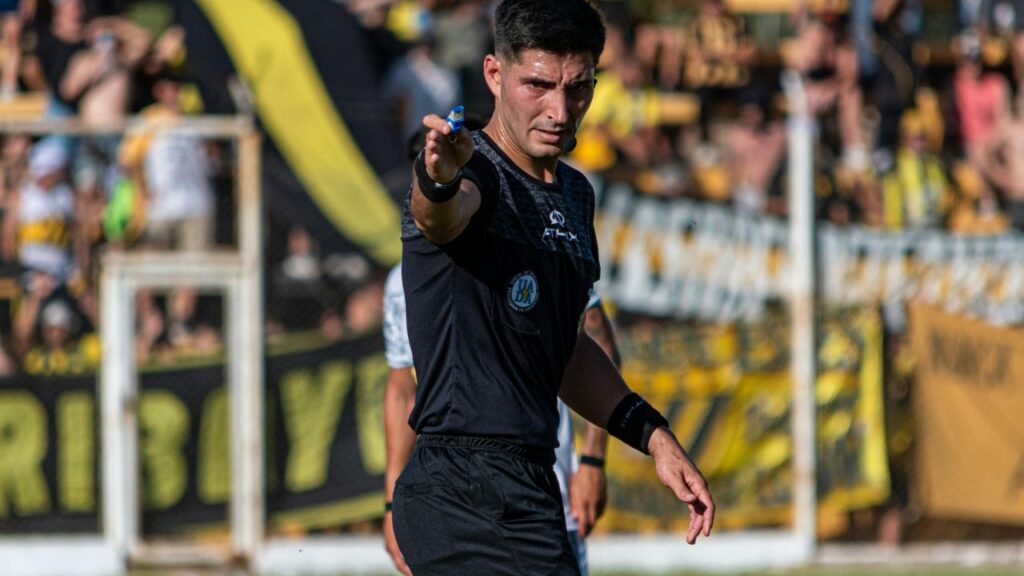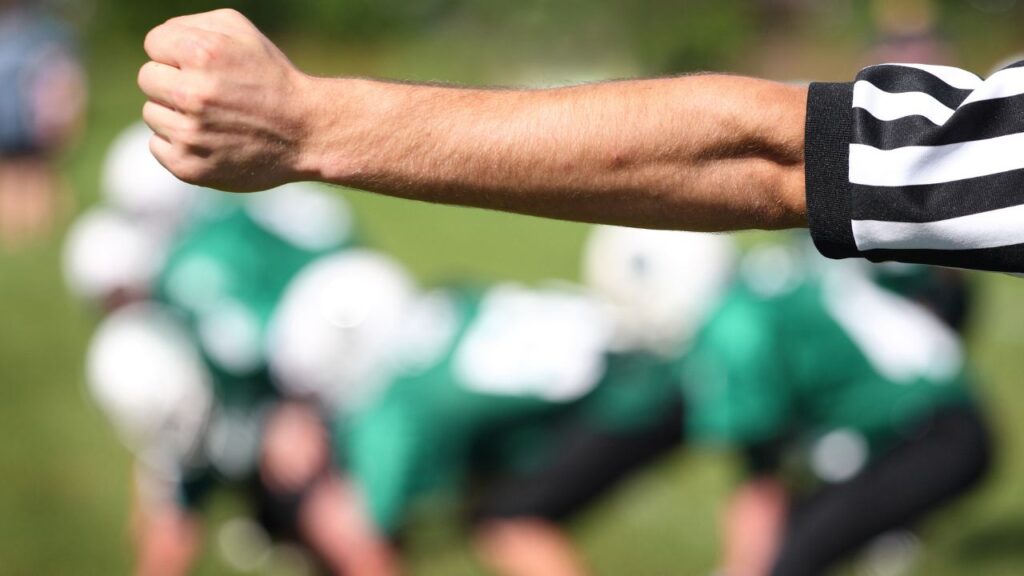In a world where passion for football rivals devotion to politics, the intertwining of the beautiful game with entrenched political forces creates a saga as gripping as any championship final. Football’s unique role in reflecting societal tensions, ideologies, and struggles elevates it beyond mere sport. From covert Cold War interventions to the loud protests kneeling players make on the contemporary pitch, football pulsates with political drama, narratives of power, and cultural identity battles. It is not just a game but a global stage where nationalism, race, and social justice collide head-on, painting an ever-changing portrait of the societies that cherish it. As Nike, Adidas, Puma, and others drape players in symbols of corporate might, the underlying political tides swell beneath the surface, shaping fans’ fervor and governments’ agendas alike. Understanding football politics is crucial to grasp the full story behind those goals scored and rivalries fought, revealing the game’s undeniable role as a mirror and a catalyst in world affairs.

The Historical Roots of Football as a Political Battlefield
Football and politics have been inseparably linked for decades, the sport often mirroring wider political struggles and tensions in society. Take the winter of 1973 as an example: amidst the chaos of a military coup in Chile that ousted socialist President Salvador Allende, two Chilean students in Madison, Wisconsin found their attention torn between fears of returning home and an ongoing NFL game between the Washington Redskins and Dallas Cowboys. The Cowboys’ role went far beyond the field — they symbolized opposition to the Washington team, which enjoyed the backing of U.S. President Richard Nixon. With Dallas’s victory, the students felt a bittersweet payback for the geopolitical upheaval caused by Nixon’s administration. This story reveals football’s power to channel political sentiment, a phenomenon not isolated but repeated in countless forms worldwide.
The Washington Redskins themselves hold a complex legacy in the political dimension of football. In the early 1970s, under President Nixon’s influence, the team was pressured to end its all-white roster to align with the civil rights movement and Cold War public image. Yet, this barely scratched the surface of football’s political involvement. Presidents have used football to send messages, whether as subtle propaganda or overt displays of ideology. Nixon’s infamous suggestion of a play during a Redskins game, meant as a political gesture, typifies the blurred lines between sport and statecraft.
The military symbolism embedded in football is no coincidence. Players are armored like soldiers; terms like “blitz” and “field general” borrow directly from war. Players have even sacrificed on battlefields, such as Rocky Bleier, a Steelers halfback injured in Vietnam, and Pat Tillman, who left the Arizona Cardinals to serve in Afghanistan. The NFL’s pageantry often includes military flyovers and honor guards, blurring the fan experience with nationalistic fervor. This fusion was financially driven too — the U.S. Department of Defense invested millions fostering these patriotic displays, merging political messaging with fan rituals.
| Event | Date | Political Context | Football Impact |
|---|---|---|---|
| Chile Coup and NFL Game | December 1973 | Military overthrow with U.S. covert backing | Chilean students identify with Cowboys winning over Nixon-backed Redskins |
| Redskins forced to sign black players | Early 1970s | Pressure from Kennedy administration during Cold War | Breaking racial barriers on the team |
| Military Salutes in NFL | 2010-2015 | Department of Defense sponsorship | Millions paid to teams for patriotic displays |
| Pat Tillman’s enlistment and death | 2001-2004 | Post-9/11 America | Football star’s sacrifice in Afghanistan |
This history is a stark reminder that football has never been immune to politics but rather a terrain actively shaped by it. The sport acts as a barometer of the era’s social and political upheavals, offering fans not only entertainment but a lens into the world’s broader struggles. More on the evolving political narratives around football can be found in related comprehensive studies.
Modern Football Politics: Protests, Power, and Player Activism
Fast forward to recent years, and football politics have shifted dramatically, shaped by a new generation of athletes willing to stand — or kneel — against social injustice. Colin Kaepernick’s quiet yet powerful kneeling during the national anthem was a flashpoint that reverberated through sports and society alike. It sparked nationwide debates on race, patriotism, and free speech, far from the sanitized “leave politics out of sports” chants.
In fact, as of 2025, a sizeable segment of fans still expresses discomfort with politics in football — a Remington Research survey revealed nearly two-thirds disapprove of players using the NFL stage for political views. This opposition, however, masks the long-standing political undercurrents that have shaped the sport’s identity. The refusal of prominent Patriots players in 2017 to visit President Trump after the Super Bowl was a direct challenge to the politicized intertwining of football, race, and power.
This era also witnesses sharp tensions between corporate interests and athlete expression, a battleground where giants like Nike and Adidas influence narratives. Sponsorship deals and marketing campaigns often try to brand football as inclusive and progressive, but controversies around player activism reveal a more complicated story. The athletes pushing boundaries highlight the sport’s potential to influence and reflect social justice movements globally.
- Player protests: kneeling, symbolic gestures, social media campaigns
- Corporate sponsorships navigating political controversy
- League policies balancing free expression with fan backlash
- Social media as a platform for political discourse in football
- Government and political figures using football events for messaging
The relationship between athlete activism and football fandom is complex. Fans may love the game but feel alienated by the political statements. Yet history teaches us that football’s identity is inseparable from the cultures and politics its fans inhabit. Ignoring this reality risks overlooking the sport’s unique power to spark meaningful dialogues.
| Aspect | Details | Impact on Football Politics |
|---|---|---|
| Colin Kaepernick’s Protest | Began 2016, opposition to police violence | Triggered fierce debate, polarized fans, revived sports activism |
| Player Absence from White House Visits | 2017 Super Bowl Patriots | Visible dissent against political figures |
| Nike’s “Dream Crazy” Campaign | 2018, featured Kaepernick | Corporate embrace of activism but polarizing marketing |
| League Fines and Policies | Adjustments responding to protests | Attempt to regulate political expression |
| Social Media Influence | Players and fans engage in political discourse | Amplifies political messages beyond stadiums |
Global Footprints: Football Politics Beyond the NFL and Europe
Politics and football are a global duet, but the melodies differ regionally. South America, Africa, and Asia offer rich tapestries where football intersects deeply with political struggles and identity formation. The Copa Libertadores is a prime example of how football channels regional economic, social, and political tensions into a fiery competition more than just a sporting event.
In countries like Brazil and Argentina, football clubs have functioned as microcosms of political allegiance and social class wars. Fans donning Nike or Puma kits are not only representing teams but often expressing broader identities linked to heritage and resistance. Across Africa, football has been both a tool for oppressive regimes and for liberation movements. For instance, in the 1990s, national football successes in South Africa helped dismantle apartheid’s international stigma, uniting fans across racial lines in a powerful statement of progress.
Asia’s burgeoning leagues show different political dynamics, reflecting rapid modernization, nationalism, and the struggle to maintain cultural identity amid globalization. Governments often manipulate football investments and team branding for soft power gains. This politicization can create tensions or promote unity depending on the context.
- Regional rivalries reflecting historical conflicts
- Football clubs as political symbols or protest hubs
- Corporate sponsors like Reebok and New Balance investing to shape local football identities
- International tournaments as stages for diplomatic signaling
- Fan movements leveraging social media to challenge governmental narratives
| Region | Football’s Political Role | Key Examples | Main Political Themes |
|---|---|---|---|
| South America | Expression of social class and nationalism | Copa Libertadores, Argentina-Brazil Rivalry | Identity, colonial history, economic inequality |
| Africa | From apartheid challenge to unifying national pride | South African National Team’s post-apartheid rise | Racial reconciliation, liberation politics |
| Asia | State influence and cultural expression | Chinese Super League investments, Japan’s J-League | Nationalism, globalization, cultural identity |
| Europe Outside West | Regional separatism and political symbolism | Catalonia FC politics, Eastern European ultras | Autonomy movements, nationalism, social protest |
For insights into how this global political dynamic is reshaping football’s future, the article explores the surge in global football growth and its political implications.
Corporate Giants and Football Politics: The Power Players Behind the Scenes
Football’s political landscape is not only about players and governments; the logos stitched into jerseys and advertisements flashing across stadiums tell another story — the growing influence of corporate powerhouses. Nike, Adidas, Puma, Under Armour, Reebok, New Balance, Umbro, Kappa, Hummel, and Lotto all play strategic roles in shaping football’s political and cultural narratives, making the sport a powerful marketing arena.
Brands use football sponsorships and endorsements to promote images aligning with social causes or national pride, trying to tap into fans’ emotional connection with their teams. For example, Nike’s collaboration with athlete activists delivers a message about empowerment and social justice, but it also stirs controversy among segments of fans uncomfortable with politics in sports. Adidas frequently sponsors teams whose governments seek greater international visibility, thus becoming an indirect instrument in soft power diplomacy.
The influence isn’t limited to branding alone. When these companies invest in clubs, stadiums, or youth academies, they indirectly influence which political messages gain prominence through football. The presence of a Puma logo on a politically charged team’s jersey can spark debate on the role corporations play in endorsing or opposing social issues. Sometimes, sponsorships associate with nationalism, other times with progressive values, reflecting the complex relationship between commerce and football politics.
- Corporate sponsorship shaping football politics and activism
- Marketing campaigns blending sport with social issues
- Conflicts arising from brand associations with political ideologies
- International sponsorships promoting national image and soft power
- Investment in grassroots football as a political and commercial strategy
| Brand | Political Engagement | Notable Campaigns or Sponsorships | Impact on Football Politics |
|---|---|---|---|
| Nike | Supports social justice causes | “Dream Crazy” campaign featuring Colin Kaepernick | Boosts athlete activism, polarizes public opinion |
| Adidas | Focus on international presence and nationalism | World Cup team sponsorships worldwide | Facilitates government soft power through sport |
| Puma | Supports rising stars and political narratives | Sponsorships of African and Latin American football stars | Enhances football’s political identity globally |
| Under Armour | Promotes fitness and empowerment | Sponsorship of key teams and players in the US | Contributes to narratives around strength and resilience |
| Reebok | Focuses on urban and grassroots communities | Support for youth soccer initiatives | Links football politics to community activism |
| New Balance | Emphasizes innovation and heritage | Sponsorship of Premier League and MLS teams | Impacts football culture and political branding |
| Umbro | Historical legacy with football clubs | Traditional club sponsorships | Represents football heritage and identity politics |
| Kappa | Supports women’s football and diversity | Sponsorship of women’s national teams | Advances inclusivity in football politics |
| Hummel | Focus on grassroots and social causes | Community football projects | Promotes football as a tool for social change |
| Lotto | Italian heritage and community focus | Club and national team sponsorships | Enhances cultural identity in football |
By examining the mutual influence of football cultures and corporate strategies, one gains a deeper understanding of how sport becomes a powerful vehicle for shaping societal norms and political conversations. For a deep dive into the ever-evolving fashion and politics in football, exploring how kit designs and campaigns articulate identity, one can explore detailed analyses available online.

Fan Culture and Political Identity: The Unseen Power of the Crowd
Football politics extend far beyond players and corporations into the pulsating heart of the game: the fans. Football fandom offers a unique experience where identity, culture, and political expression intermingle. Fans’ chants, banners, and rituals often carry deep political meanings, from nationalist slogans to anti-racist messages. It’s a living, breathing testament to football’s role as a cultural battleground.
Across the globe, fans become activists or symbols of larger political movements. The rivalry between teams sometimes mirrors historical conflicts or cultural divides, turning stadiums into arenas where political ideas clash as fiercely as players do on the pitch. This phenomenon is explored in studies on football fandom and its cultural power.
Behind the scenes, supporters groups influence club decisions, from political stances to matchday atmospheres. This extends to campaigns against racism and discrimination within football, reflecting wider societal values. Political demonstrations during games, like displays of solidarity with marginalized groups or protests against governmental policies, show football’s capacity to unite culture and politics.
- Fans as grassroots political actors in football culture
- Banners and chants reflecting social and political causes
- Football rivalries rooted in ethnic, religious, or political differences
- Supporters influencing club and league political engagement
- Football as a space for solidarity and resistance
| Dimension | Manifestation in Fan Culture | Political Implication |
|---|---|---|
| Identity | Team allegiance tied to ethnicity, nationality, social class | Expression of cultural pride or division |
| Activism | Chants and banners supporting social justice | Mobilization of political awareness and action |
| Rivalries | Historical conflicts reflected in match intensity | Deepened societal divisions or reconciliation efforts |
| Community | Fans organizing protests or solidarity events | Influence on club policy, anti-discrimination agendas |
| Global Connectivity | Social media fuelling international fan networks | Spread of political ideas beyond local contexts |
Ultimately, football fans embody the political heartbeat of the sport, elevating it from entertainment to a dynamic form of expression and resistance. Their voices shape team identities and broader societal conversations, making the stands powerful political arenas. For more on this engaging intersection, explore the role of football in uniting cultures worldwide.
FAQ about Football Politics
- Q: Why has football historically been linked with politics?
A: Football’s global reach and cultural significance make it a natural stage for political expression, whether through symbolic gestures by players, governmental influence on teams, or fan activism. Its wide appeal allows political messages to reach vast audiences. - Q: How do corporate sponsors influence football politics?
A: Brands like Nike, Adidas, and Puma use football to align with social causes or national pride, shaping political narratives through marketing campaigns, sponsorship deals, and investments in clubs and grassroots projects. - Q: What impact do player protests have on football?
A: Player activism, such as Colin Kaepernick’s kneeling, raises awareness about social issues, challenges fans and leagues to reconsider their values, and pushes football into broader political conversations, despite some backlash. - Q: How do football fans express political identities?
A: Through chants, banners, rivalries, and organized movements, fans use the sport to express cultural pride, social justice messages, or political dissent, influencing club policies and societal debates. - Q: Is there a difference in how football politics manifests globally?
A: Yes, political expressions in football vary by region, shaped by local histories, social structures, and political systems, making global football politics a diverse and complex phenomenon.


